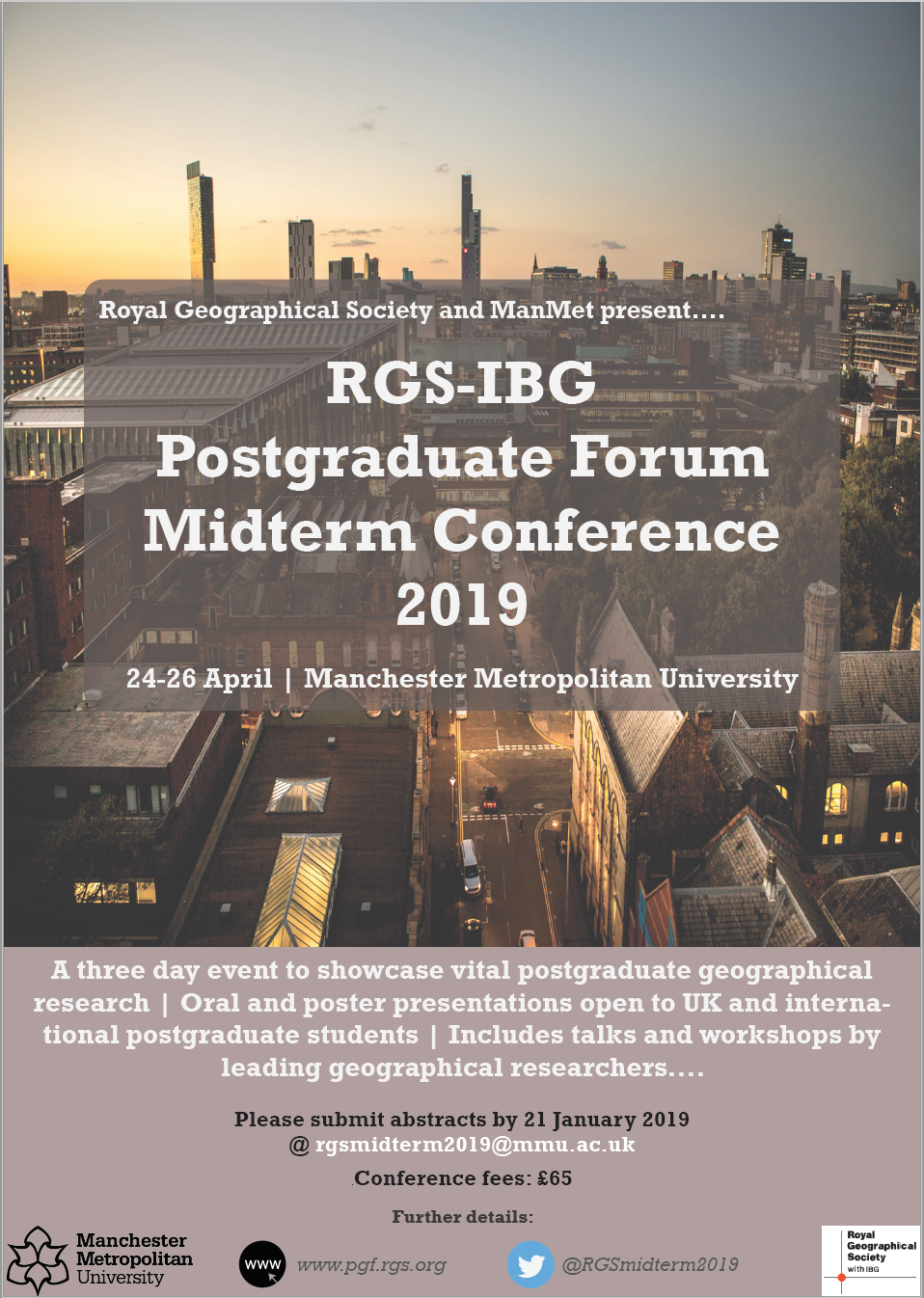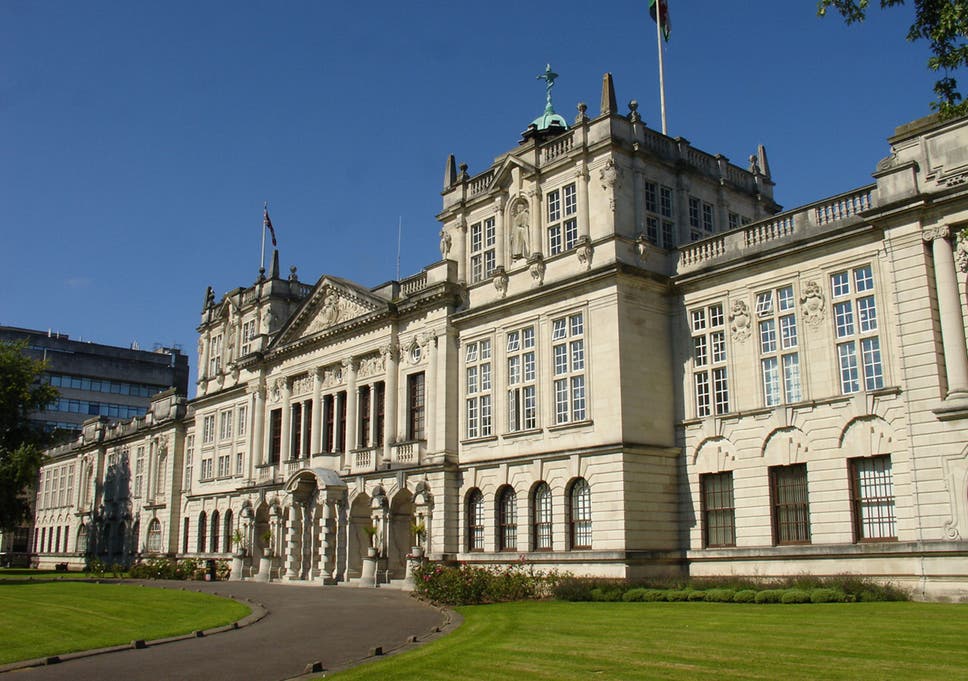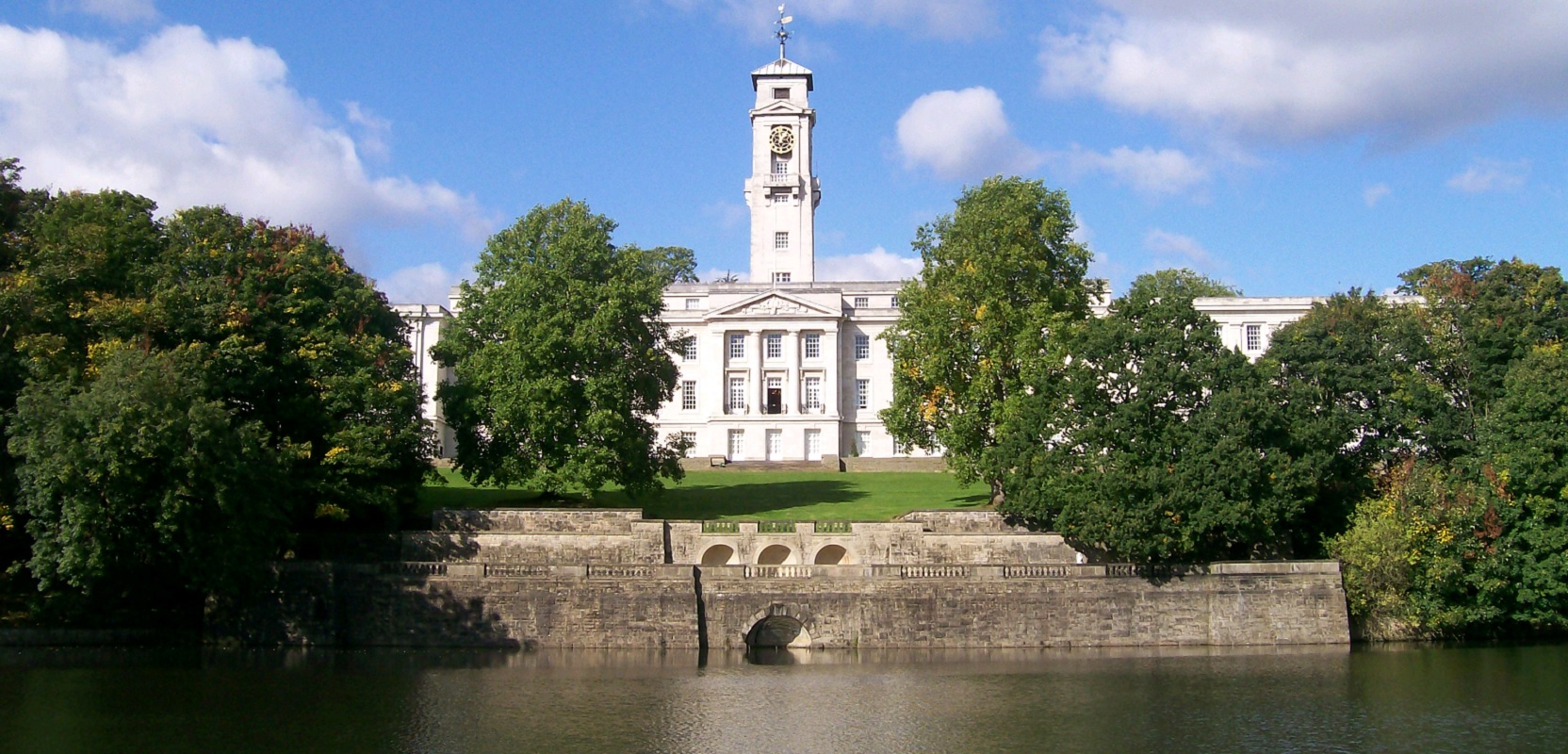Hello fellow geographers,
We are pleased to announce that the call for abstracts for the Royal Geographical Society (RGS) Postgraduate Mid-term Conference 2019 is now open. This is an annual Postgraduate focused conference that is co-organised by the RGS, it’s Postgraduate Forum research group and a UK host university. This year, the conference will be held at Manchester Metropolitan University (Manchester, UK) from Wednesday 24th to Friday 26th of April 2019. We hope to see you then!
Why should I attend?
This conference is a great opportunity for all postgraduate students in any discipline of geography, human, physical or environmental, to present their work in a friendly and supportive environment. We also welcome postgraduates outside the discipline who work with geography in some way. This interdisciplinary event is an excellent place to get feedback on your work, network, and practice your presentation skills whether you are a first-time presenter, or you are preparing for other conferences or PhD Viva.
How much?
The cost of the conference is: £65
The registration fee will include;
- Access to a great programme of paper and poster presentations
- Workshops to develop skills that are key for an early career researcher,
- Keynote speeches from established academics in geography
- Refreshments throughout the conference,
- A drinks reception on the evening of Wednesday 24th April,
- Lunches on Thursday 24th and Friday 25th April
- Conference meal on the evening of Thursday 25th April at GRUB, a street-food venue, with a selection of food vendors and craft beer.
When can I register?
Registration for the conference will open in 2019. Please keep up to date on our social media, and the Postgraduate Forum Twitter account and website for details when they are announced. We will also be disclosing more information about our keynote speakers, workshops and other aspects of the conference in due course.
Can I apply for funding to attend?
There will be opportunities for postgraduates to apply for bursaries to attend the conference. These are facilitated and provided by the RGS’s research groups. Details of these opportunities and updates from the conference will be circulated via our Twitter account @rgsmidterm2019, the Postgraduate Forum Twitter account @PGF_RGSIBG and their website www.pgf.rgs.org.
How to apply?
Please send an abstract of no more than 250 words along with four keywords, your full name and university, and your intention to present a poster or paper, no later than 21stJanuary 2019.
Please specify in your email upon submission of an abstract the following:
- Your intention to present a paper or poster;
- The area(s) of geography your paper/poster is situated, alongside four key words.
The above information will help the conference committee to sort out abstracts more easily and organise sessions around grouped themes.
You can submit your abstract or get in touch if you have any questions here: RGSMidterm2019@mmu.ac.uk
We look forward to welcoming you to Manchester in 2019!
The Manchester Metropolitan University Mid-Term Organising Committee
Jamie Halliwell, Gail Skelly, Matthew Carney, Fraser Baker, Rong Huang and Maria Loroño-Leturiondo.







